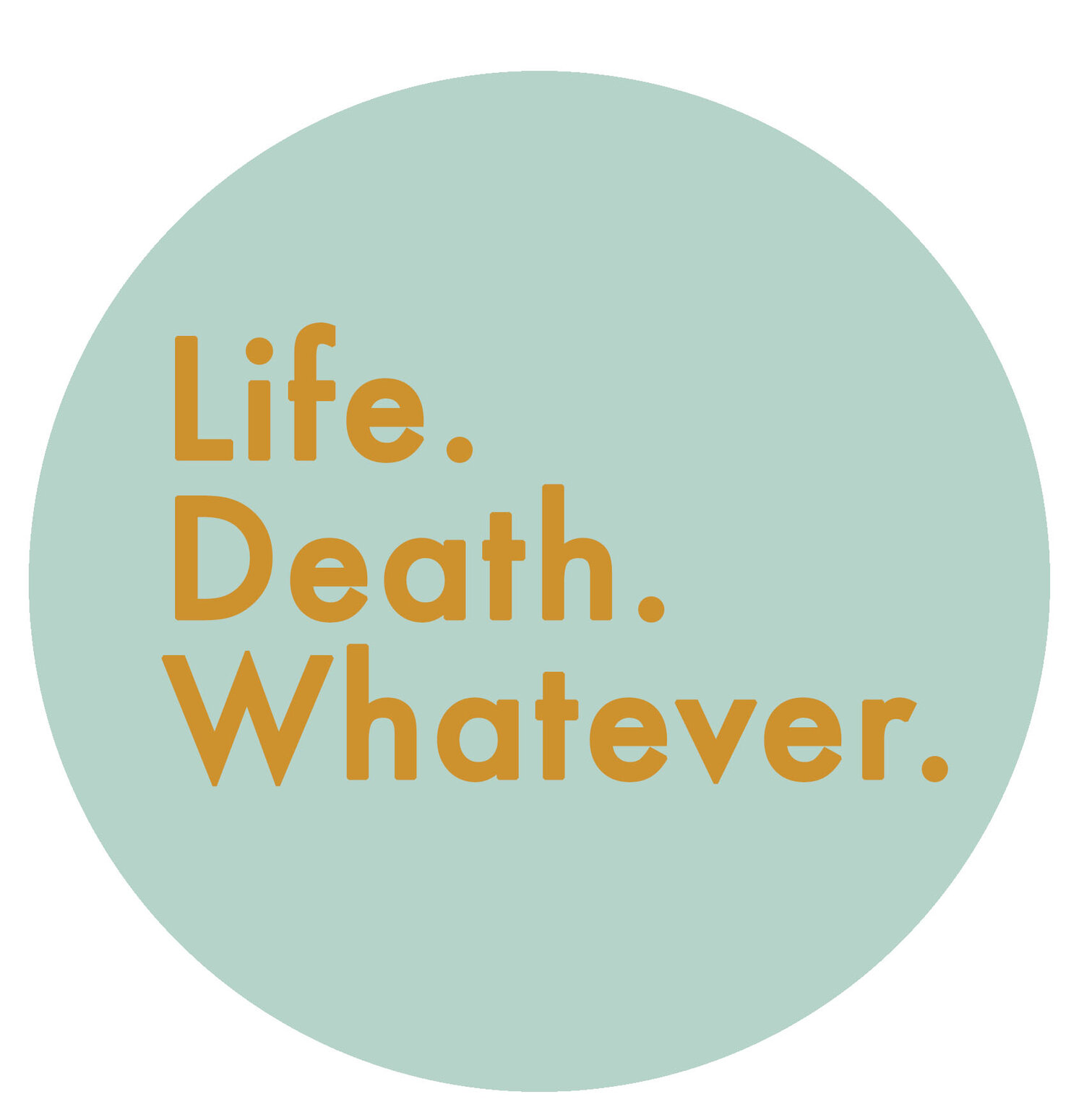By Jan Eversfield, who lives with Chiari Malformation Syndrome
Hi, my name is Jan. I have a neurological disability from Chiari Malformation Syndrome. I’m undergoing investigations for a secondary neurological disease process as yet formally diagnosed.
In the last few years my condition has deteriorated, more significantly in the last few years. I am still able to work full time in a job and team I adore. I work hard at balancing my life.
I wrote my Advanced Decision to Refuse Treatment (ADRT) & Lasting Power of Attorney for Health & Welfare (LPA) over the course of the last year.
This is what I’ve learnt about advanced care planning from living with a progressing neurological disability:
1. I really struggle with uncertainty and felt I needed a sense of control. Writing my Advanced Decision to Refuse Treatment (ADRT) & Lasting Power of Attorney for Health & Welfare (LPA) was the only control I had amidst a sea of symptoms and desperation at times. The process was more of an emotional journey than I imagined.
2. I thought that writing my ADRT would be relatively easy as I have long since known my wishes. I was mistaken! Not so much the how, as there is plenty of support available, more that it was a process of realising and accepting my disability and really thinking about my death, whilst coming to terms with my ‘new normal’.
3. My LPAs are my closest friends (with my parents’ blessing as they are very frail) and they are my extended family. I worry about the impact on them so have tried to ensure I look after them. Despite talking this through with them over the last year, I was not ready for the raw emotion when they saw the actual documents. However this led to some of the most beautiful and unforgettable conversations I have ever had with all my loved ones.
4. I used the ADRT to tell MY story of who I AM; why writing my ADRT was so important to me; how the the last 20+ years have shaped me; what gives my life real meaning; the little things that will be important when I’m dying if I can’t tell them at that time. Most importantly it’s permission to stop active treatment if certain things occur to a medical team who may not know me, and to try and take as much burden off my LPAs as possible if I can’t speak for myself. What matters to me and gives my life meaning is the biggest message I feel ADRTs should get across.
5. There can be some resistance for people living with chronic/ progressive conditions to write ADRTs or LPAs if we are not ‘imminently dying’. None of us know when we will die or when our conditions will change. The tide is changing to encourage people to talk about death and dying if a person would like to do so. There are plenty of supportive organisations and health professionals out there. Keep going, find your voice and be heard. It’s about what matters and what’s most important TO YOU.



